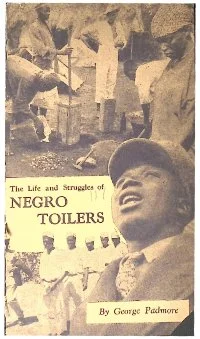By Ruth Ellen Wasem
This article uses a multidisciplinary approach — analyzing historical sources, refugee and asylum admissions data, legislative provisions, and public opinion data — to track the rise and fall of the US asylum and refugee policy. It shows that there has always been a political struggle between people who advocate for a generous refugee and asylum system and those who oppose it. Today, the flexible system of protecting refugees and asylees, established in 1980, is giving way to policies that weaponize them.
It offers a historical analysis of US refugee and asylum policies, as well as xenophobic and nativist attitudes toward refugees. It places Trump administration refugee policies in three categories: those that abandon longstanding US legal principles and policies, most notably non-refoulement and due process; those that block the entry of refugees and asylees; and those that criminalize foreign nationals who attempt to seek asylum in the United States.
The article concludes with an analysis of public opinion research to square the growing public support for refugees and asylees shown in polling data with the subgroup popularity of Donald Trump’s harsh xenophobic rhetoric and policies. These seemingly contradictory trends are consistent with research on right-wing populism. It argues that the restoration of generous humanitarian policies requires robust civic engagement and steadfast legislative efforts.
Journal on Migration and Human Security Volume 8, Issue 3, September 2020, Pages 246-265





















